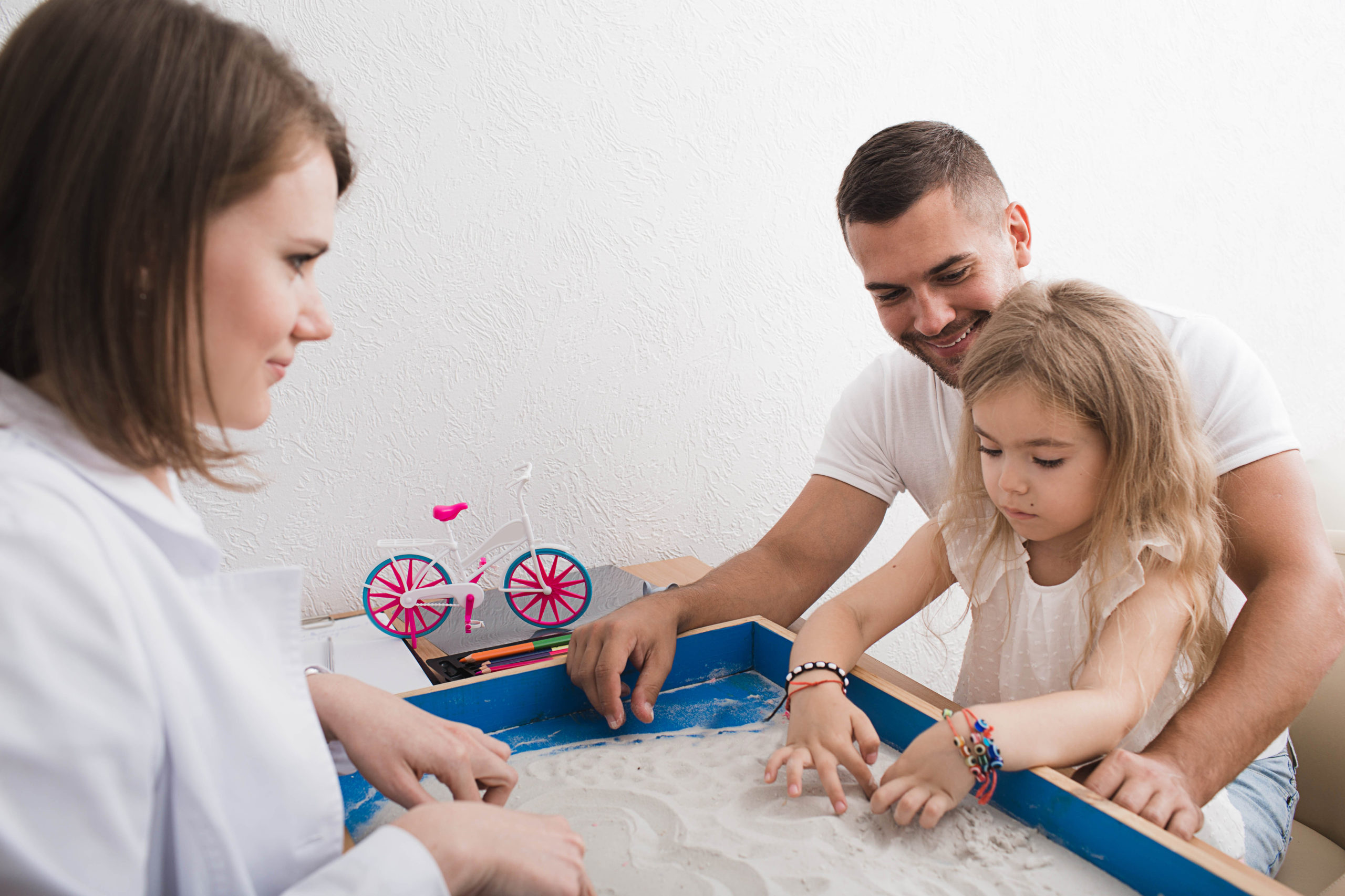By Deborah Lee MS, OTR/L
Every therapist strives to educate parents, caregivers, and/or teachers of the skills being addressed during their sessions to promote long-term independence for your child’s speech, play, handwriting, self-care, or even feeding skills. Carry-over of skills basically means transferring of skills that your child learns during their session into other settings, which will most likely be the home or school setting. Most therapy sessions range from as short as 30 minutes and up to an hour long and some children may qualify for only one hour of session during the week while other children who exhibit more delays in their developmental skills will qualify up to two or three hours of therapy a week. Being mindful of how little time that is, this is why therapists stress the importance of carry-over of skills!
When parents, caregivers, and/or teachers forget to continue practicing the skills learned during the session(s) with their child, it is highly likely that the child’s skills may remain stagnant, become more difficult to recognize that progress is being made, and at times, parents do become worried because they feel as if their child is regressing. Parents, caregivers, and teachers are encouraged to fulfill the remaining full-time hours by utilizing the techniques and strategies learned from the therapist to continue honing those skills for your child! For example, if a child is working on fasteners such as zippers, snaps, and buttons on a fine motor board with the therapist during an occupational therapy session, the caregiver should try to carry-over those skills by allowing their child to complete fasteners on his or her actual shirt at home! With constant practice and support from the caregiver, your child will start making some progress even if it may take him or her a longer time than their same-aged peers.
Caregivers should never be afraid to ask their therapist for resources in terms of what toys are most beneficial and educational for their child. Children also tend to become easily bored by their toys at home; however, discussing alternative ways to engage with the toys with your therapist can also save you money and time! Now that you guys have a glimpse of how important carry-over of skills are, try becoming more engaged and interactive during your child’s treatment sessions and discuss with the therapist on techniques and strategies that you can utilize to become more hands on for your child in the home and/or school setting!




